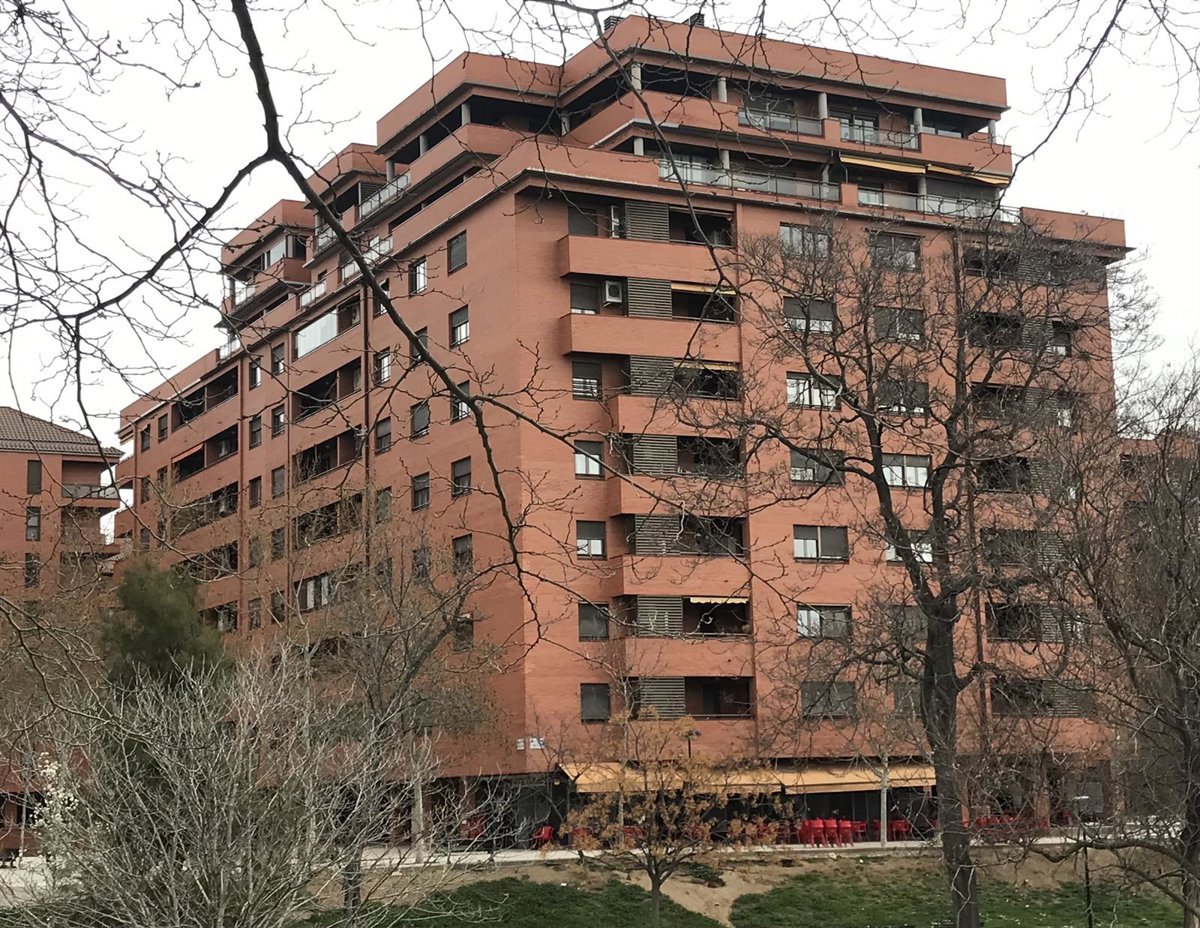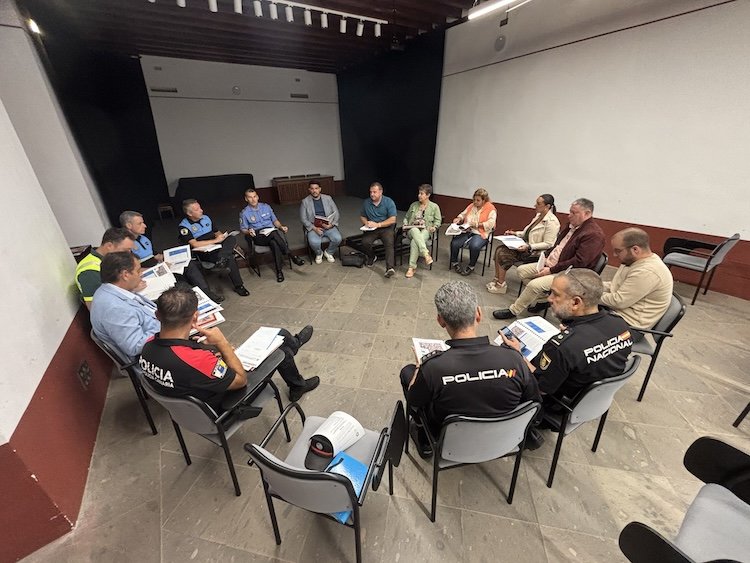
The Ombudsman, Ángel Gabilondo, has initiated 30 ex officio actions with the Ministry of Housing and Urban Agenda, all autonomous communities, Ceuta and Melilla, and the city councils of Madrid, Barcelona, Valencia, Seville, Zaragoza, Malaga, Murcia, Palma de Mallorca, Alicante, and Las Palmas de Gran Canaria to learn about «the public policies being carried out to guarantee citizens access to decent and adequate housing.»
This was stated by the institution in a statement, detailing that it has requested information from the aforementioned administrations regarding «the measures and/or plans they have adopted, or plan to adopt, to effectively ensure the right of access to protected and affordable incentivized housing, as well as to increase the public housing stock.»
Likewise, Ángel Gabilondo has requested specific information on the number of protected and affordable incentivized housing units in their territory; the number of people waiting for the allocation of housing subject to a regime of public protection or affordable incentives; measures aimed at increasing the stock of housing subject to some form of public protection and affordable incentivized housing.
They have also requested data on whether there are areas of tense residential market and whether the measures provided for in the Right to Housing Law will be applied in this regard; measures planned to regulate and, if necessary, limit properties intended for tourist rental, and measures aimed at assisting with rental payments.
Regarding the Ministry led by Isabel Rodríguez, the Ombudsman has inquired about the content of the upcoming state housing plan; progress on the establishment of the public housing company announced by the Government, and the degree of implementation of the housing construction plans and programs announced; as well as any other tools that have been implemented or will be adopted to effectively ensure the right of access to protected and affordable incentivized housing.
«Access to affordable housing is not only a basic need for individuals, but also a right recognized in article 47 of the Constitution that public authorities must make a reality, promoting the necessary conditions and establishing the relevant rules to make it effective,» emphasized the Ombudsman.
In this context, they recalled that difficulties in accessing housing have long been a matter of special consideration for the institution. «Access to housing in Spain is a serious problem due to high prices,» reflects the Ombudsman in their latest annual reports.
«CONSIDERABLE DELAYS IN THE MANAGEMENT OF AID»
«Considerable delays are observed in the management of aid, such as the young rental voucher, and long waits for the allocation of public protection housing. It seems necessary to significantly increase the housing supply, especially those of a protected nature, which must be subject to a permanent protection regime, and manage rental assistance promptly,» they argue.
According to the Ombudsman, more protected housing is needed. «It is noteworthy that Spain stands out negatively in the European environment for its limited social housing stock, which only represented 3.3% of the total households or main residences,» highlights the institution, based on 2024 data from the Housing and Land Observatory, compiled from the Living Conditions Survey by the National Statistics Institute (INE).
In this sense, Ángel Gabilondo emphasized that in the Netherlands, social housing represents 30% and in France 17%, while the European average is 10%.
«The difficulty in accessing housing is evident in almost all autonomous communities and medium and large cities, but it is more intense in those territories with higher populations and more tourism, affecting especially young people and individuals with lower incomes, as well as displaced workers and households with median incomes. This deepens inequality among citizens and influences their well-being, personal development, and enjoyment of other rights, according to the institution,» they concluded.





